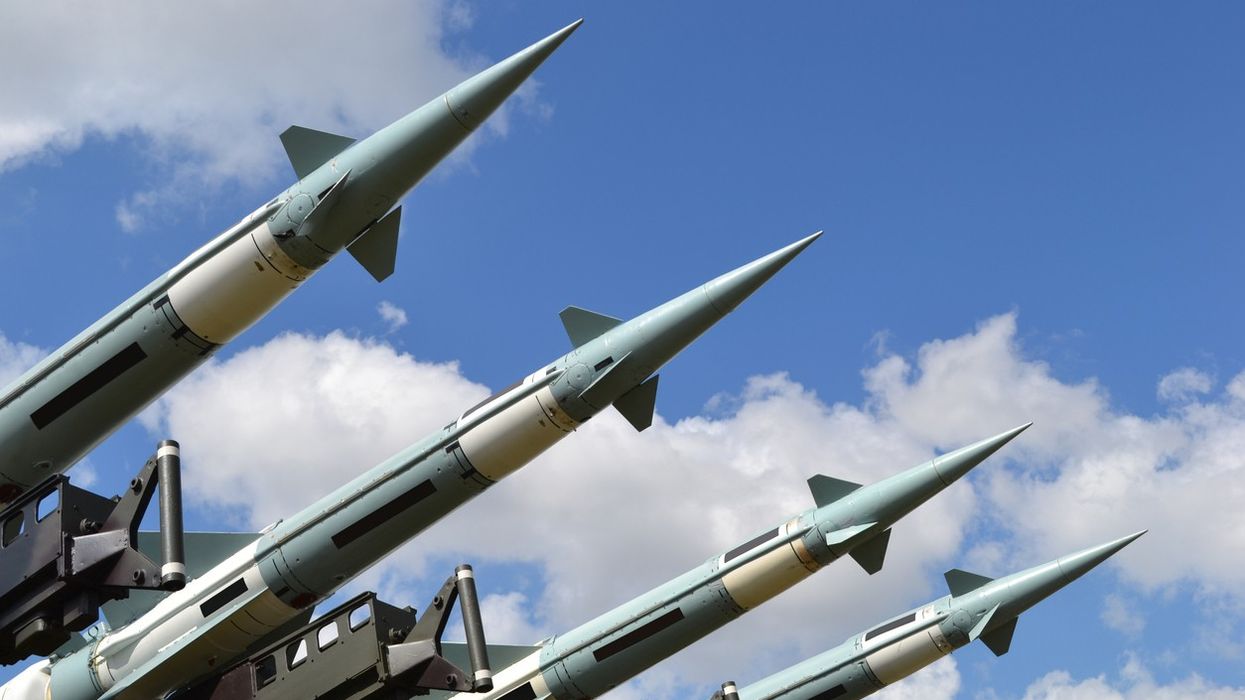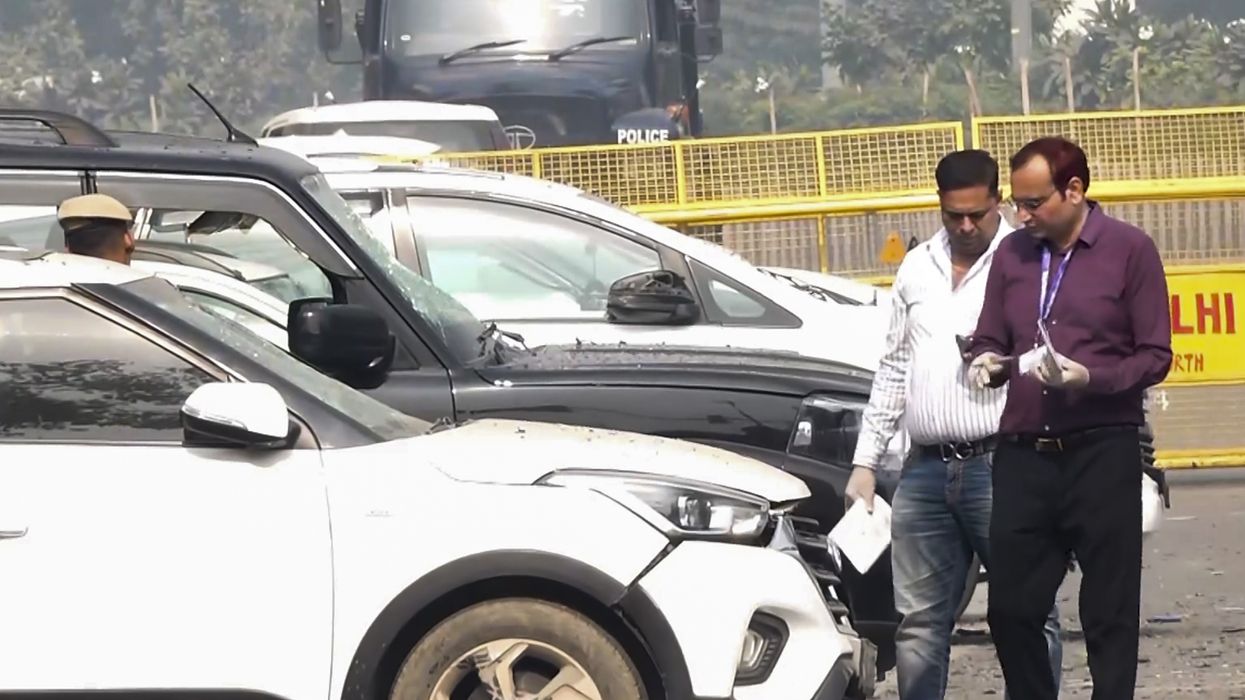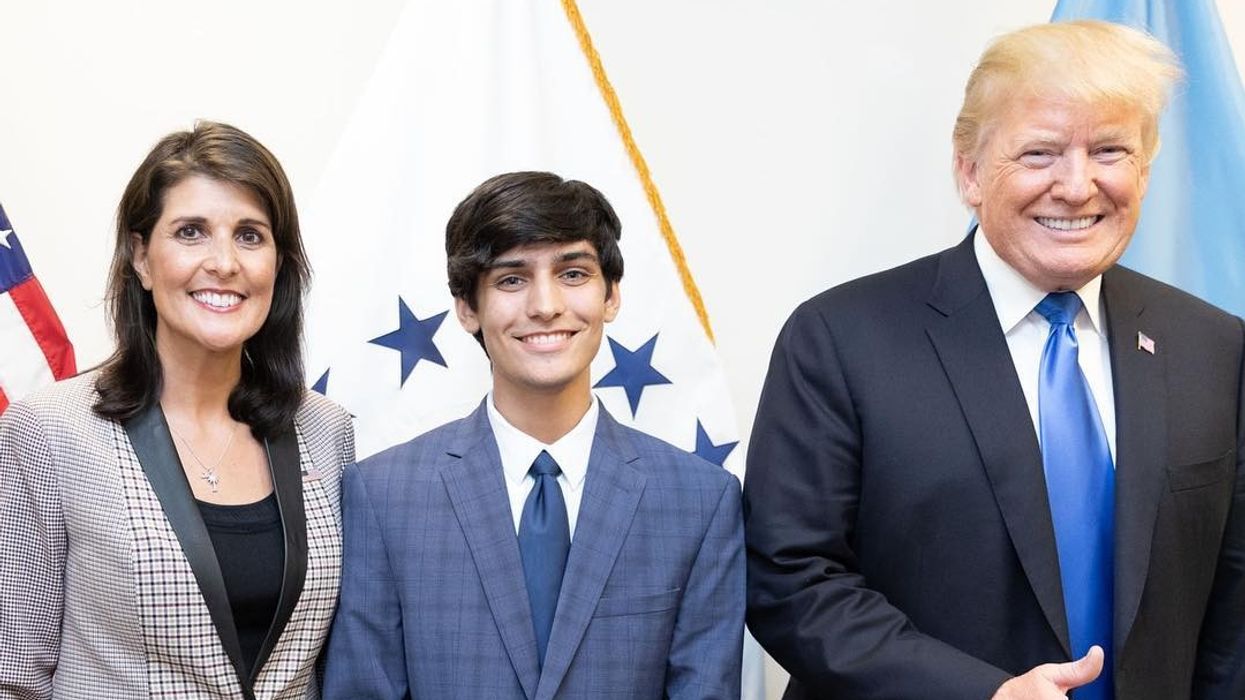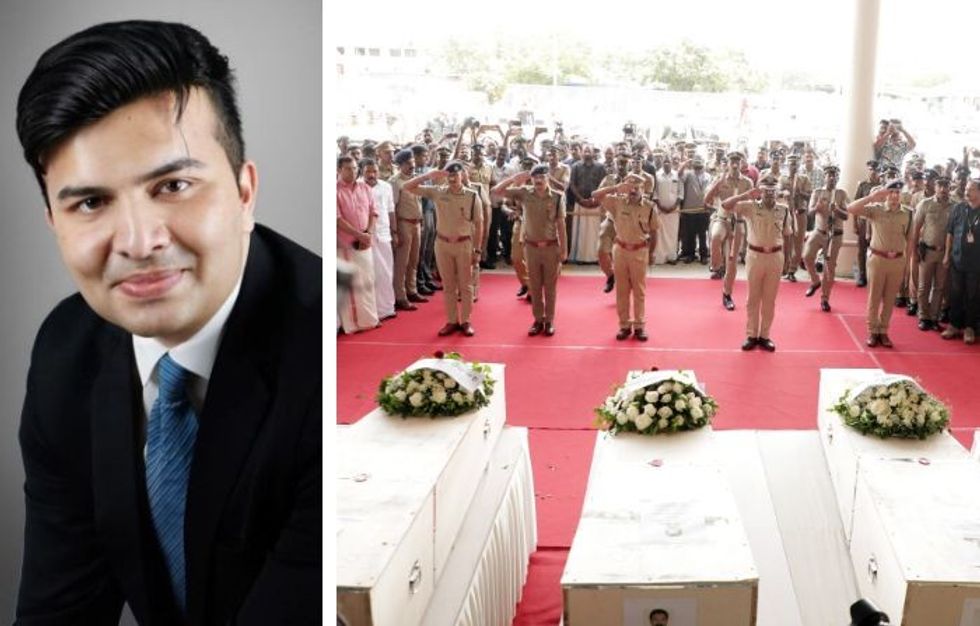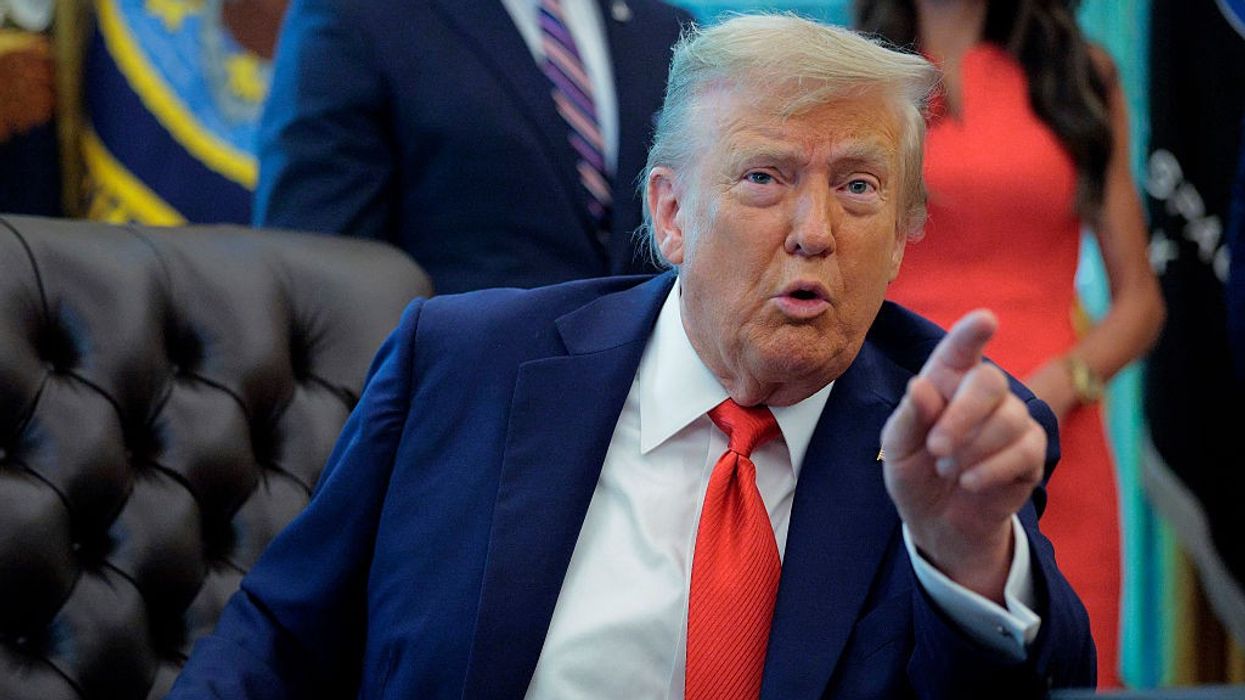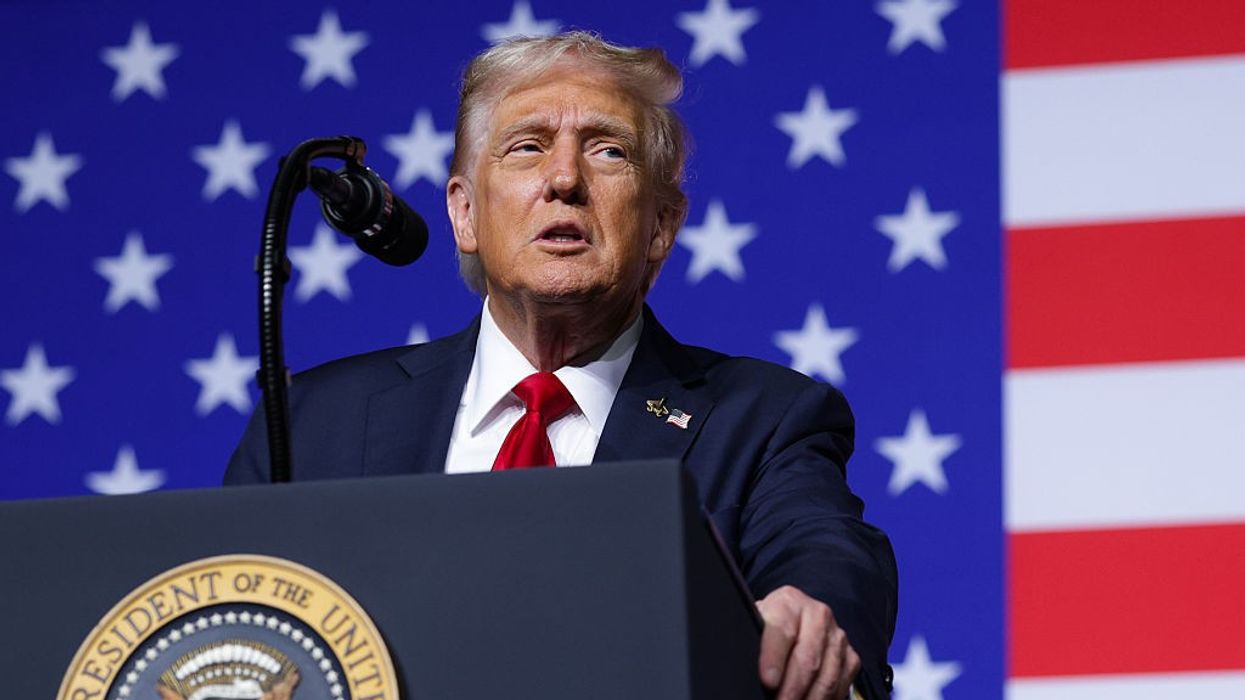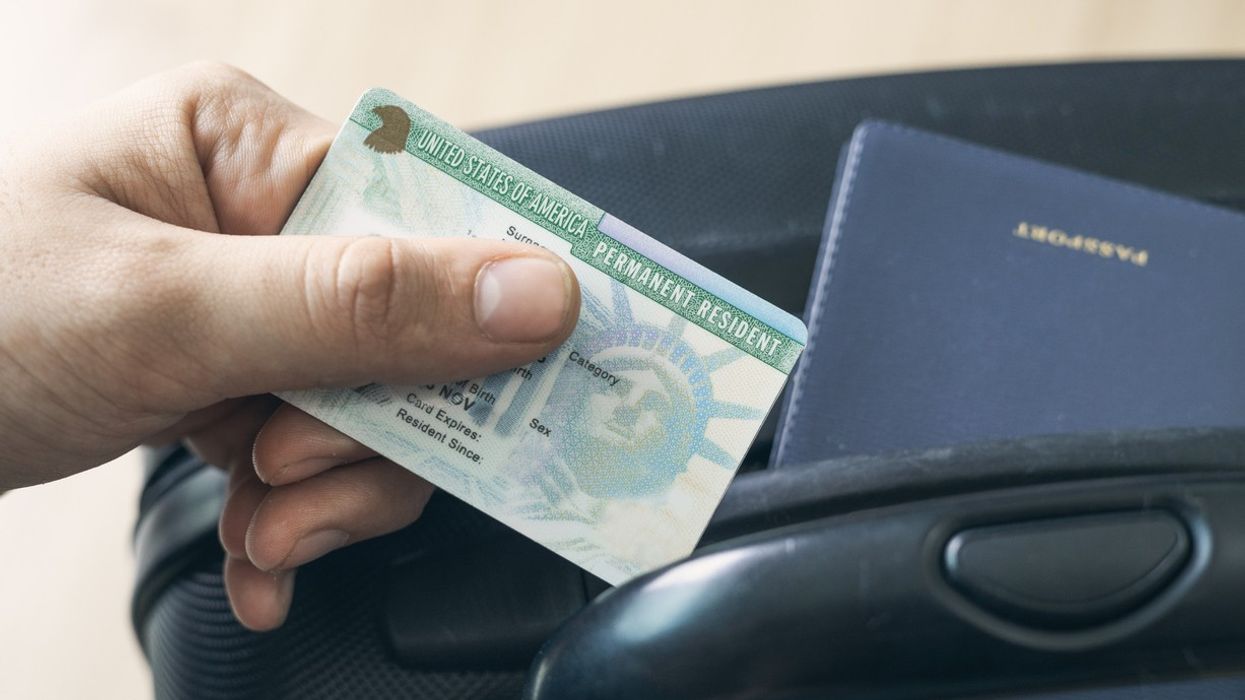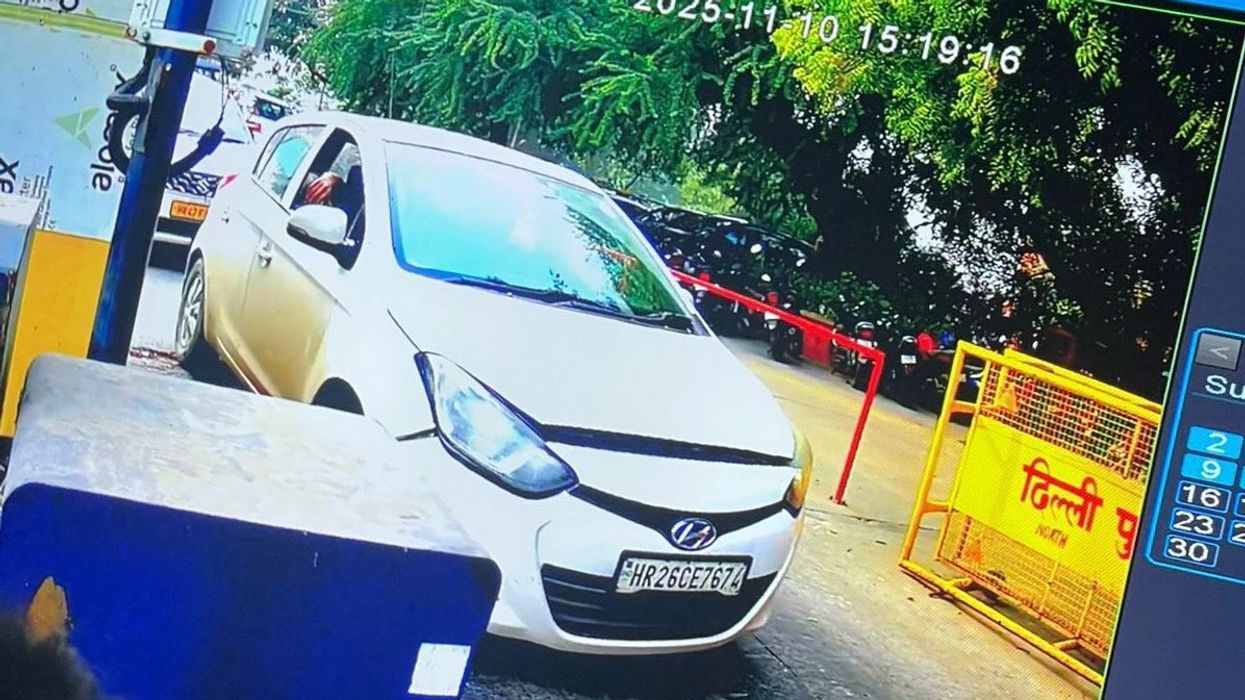ASIAN healthcare staff have revealed the stress and exhaustion they have suffered during the pandemic, as data revealed the BAME workforce is suffering from increased mental health problems during the crisis.
In interviews with Eastern Eye, a number of doctors have revealed the trauma of seeing BAME colleagues die from the virus, and one admitted wanting to leave the healthcare industry altogether.
A British Medical Association (BMA) survey last month revealed 35 per cent of BAME doctors said they were experiencing increased mental health problems during the pandemic than previously.
Dr Chaand Nagpaul, BMA council chair, said the crisis had “undoubtedly taken its toll on (ethnic minority NHS staff’s) mental health and wellbeing”.
“For BAME doctors particularly, they have seen their friends, families and colleagues from similar backgrounds disproportionately hit by this terrible virus,” Dr Nagpaul told Eastern Eye this week. “At work, they have felt under pressure to see patients without PPE, and unsupported, while not always receiving proper risk assessments in order to work in a safe environment. The NHS and government owe them a duty of care, in protecting both their physical and mental health.”
Data has consistently shown a disproportionate number of deaths relating to Covid-19 impacting BAME staff throughout the pandemic. According to the BMA, the organisation knows of at least 31 BAME doctors who have died from coronavirus.
A survey by the NHS Confederation’s Health and Care Women Leaders Network in August reported health and care staff from BAME backgrounds feeling “traumatised” by the disproportionate impact of the virus.
Dr Ananta Dave is the president of the British Indian Psychiatric Association and a medical director at Lincolnshire Partnership NHS Foundation Trust. She told Eastern Eye of “a huge sense of worry” for herself and her BAME colleagues during the crisis. One of her colleagues passed away from the virus at the height of the pandemic.
“When you see people from your background getting affected, it definitely has an impact,” Dr Dave said. “You feel the emotional burden – the vulnerability, the fear, the sense of injustice and the sense that people from our background are impacted and put in the line of risk.”
Dr Samara Afzal, a GP in the West Midlands, agreed the disproportionate impact had “caused her concern”. She said she had lost a family friend to the virus, who was a similar age to Dr Afzal and
worked as an NHS nurse.
“Seeing that, it hit me that anyone can get complicated Covid-19 and it doesn’t necessarily always affect the elderly or individuals who have an underlying illness,” Dr Afzal told Eastern Eye. “(My friend) was only four or five years older than I was – in her late 30s – and that was worrying. We have seen lots of GPs, nurses and doctors die and that has made a lot of people very anxious.”
As a senior NHS leader from an ethnic background, Dr Dave also admitted feeling “isolated” during the pandemic. “For BAME leaders in senior positions, it can feel like a lonely place sometimes, because there aren’t many senior board directors from ethnic minority backgrounds and you can feel you’re fighting a lonely battle for staff,” she said. “It can also feel very isolating, a very lonely place, when you’re trying to do this work on your own and have to carry your white colleagues with you.”
Earlier this year, analysis from ITV showed BAME staff believed unfair or discriminatory decisions were among the reasons why the virus had had a disproportionate impact on ethnic employees. BMA research has shown that ethnic minority doctors have suffered more bullying and harassment than white doctors, and Dr Nagpaul explained this may be why many BAME healthcare staff have not spoken out regarding their concerns.
Dr Dave worked on research for the Royal College of Psychiatrists earlier this year, analysing the disproportionate impact on BAME staff. She heard “a lot of harrowing stories” from ethnic minority staff members who were frightened to speak up on concerns relating t safety. This was attributed to previous experiences when they had been harassed, bullied or not taken seriously, she said.
She also explained it could be down to “the good immigrant narrative”, which she described as “the need to prove yourself as being as committed as employees from (the UK)”.
“There is a self-perceived barrier regarding speaking up,” she said. “I could see that was very prevalent during the crisis.”
Earlier this month, a poll by the Doctor’s Association revealed that more than 1,000 doctors said they were considering leaving the NHS. Among those surveyed, 45 per cent of respondents blamed the impact of the pandemic on their mental health.
Dr Abhay Khatun* is a doctor based in Reading. He admitted considering leaving the NHS due to the workload, saying that he was not surprised by some staff wanting to leave the health services, as the pandemic “was the final straw”.
“The way (the crisis) was handled and the lack of having a clear message on guidelines did not help the situation,” he told Eastern Eye. “You can imagine the doctors who were already under stress, overworked, burnt out, and then Covid-19 came along and it was probably the final straw. I can understand why they came to that conclusion.”
Dr JS Bamrah is a consultant psychiatrist at North Manchester general hospital as well as the national chairman for British Association of Physicians of Indian Origin (BAPIO). Several senior NHS doctors he spoke to told him they wanted to quit. Dr Bamrah attributed this to the stress of the job, as well as the increased vulnerability of ethnic minority staff.
“BAME doctors have been disproportionately affected, so imagine having to go to work, knowing you’re in a certain group of vulnerable people and knowing that risk assessments are not being carried out as they should be by hospital trusts and practices,” he told Eastern Eye. “The doctors are concerned about themselves, but also for their families.”
Describing his own experiences as “tough”, Dr Bamrah said he knew many colleagues who suffered with exhaustion, sleep disturbance and anxiety.
“Some of them are already feeling a bit of a burn out,” he said. “That usual enthusiasm they have for going to work… some are struggling with that.”
Although Dr Afzal has not considered leaving the NHS, she did reduce her hours at a walk-in centre as she feared contracting Covid-19 from patients. Her daughter suffers from asthma, so the GP highlighted the need to protect her from the disease.
During her time at the walk-in centre, Dr Afzal treated a female patient who had a fever and a cough and later tested positive for the Covid-19 virus. “I was very anxious afterwards, worrying that I had caught it from her,” she said. “When I was doing shifts (at the walk-in centre) you didn’t know what was going to come through the door, what symptoms they would have and it was very stressful.”
Dr Afzal said she was not aware of any support for healthcare staff suffering from mental health problems. She believes an initiative should be put in place, as it would be “more accepting” for staff to admit they were struggling. “At the moment, if you go in and ask for help, there is a fear that (officials) could say, ‘well no one else has needed help’,” she said. “You’re scared of being judged. If they had universally given everyone support, that would have been the better thing to do.”
Jagtar Singh, chairman of an NHS mental health trust in Coventry, confirmed they had been offering support to staff who had been struggling emotionally during the crisis. “Our workforce has felt a big impact during the pandemic – especially among BAME staff as they are more vulnerable,” he told Eastern Eye.
The trust had introduced initiatives, including a ‘self help’ app which encourages mindfulness sessions and a weekly ‘staff conversation’ where individuals can highlight any concerns they may have, he said. However, Singh could not confirm how many staff members approached the trust with mental health concerns.
Dr Bamrah highlighted a voluntary mentorship support offered to NHS staff by BAPIO. He also noted a free counselling service offered by BMA. However, he admitted many did not access the support as “freely as (he) would have liked”.
Although Dr Dave said the stress “wasn’t as intense” as the initial months of lockdown, she admitted that the “anxiety never quite leaves you”.
In recent weeks, the cases of Covid-19 in the UK have been rising. New restrictions were introduced on Monday (14), to limit the number of people meeting. Local lockdowns are still in place in parts of Greater Manchester, Lancashire and West Yorkshire.
Dr Dave said she had concerns about the recent increase in infections and the impact it could potentially have on the wellbeing of NHS staff. She highlighted the level of backlog, which occurred during lockdown when many operations and appointments were delayed due to the crisis.
“We haven’t yet caught up with that lag so there is a combination of backlog, increased demand and reduced capacity which is really tricky,” she said. “Over the winter, it is going to be really tough. I can foresee a very difficult few months from now till the end of winter, before there might be some sort of easing of pressure.”
In response to Eastern Eye, a NHS England spokesperson acknowledged extra support was both needed and available for staff. “(This includes) offering NHS mental health care and support within trusts, and new text, online and telephone support services, which have already been used by thousands of people,” the spokesperson said.
They added: “Covid-19 has also put an unprecedented spotlight on wider challenges our society faces. It is further evidence for why NHS organisations have been asked to prioritise and carry out risk assessments for their black and minority ethnic staff and other vulnerable groups, and if any colleague is concerned, they should raise this within their trust and be listened to.”
*Name has been changed to protect identity

